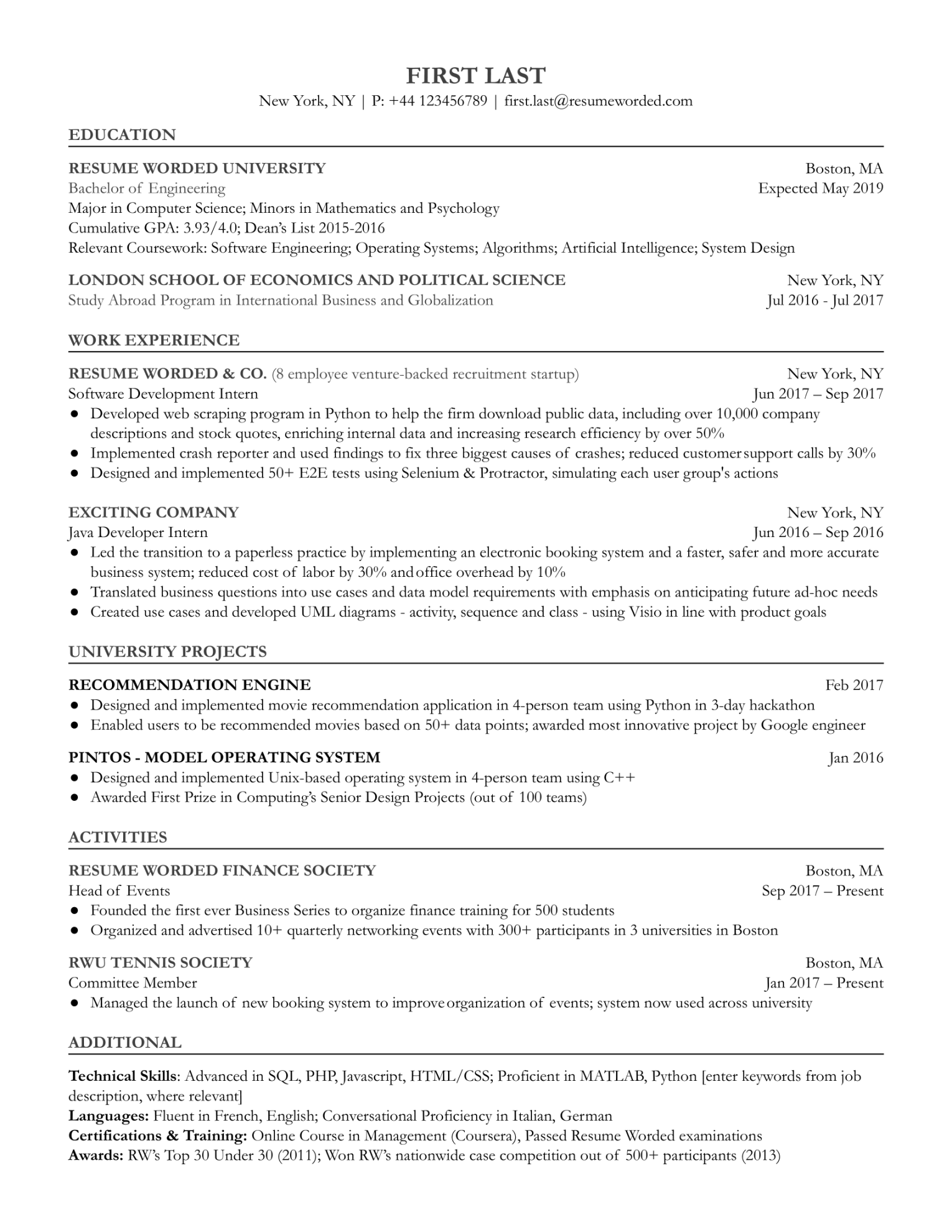Welcome to our home design website, where creativity meets functionality. Here at my blog, we are passionate about entry level software engineer transforming spaces into personalized sanctuaries that reflect your unique lifestyle. Whether you’re envisioning a modern oasis, a cozy cottage retreat, or a sleek urban loft, our team of talented designers is dedicated to bringing your dreams to life. Explore our portfolio, discover inspiring trends, and let us guide you through the exciting journey of crafting a space that is as beautiful as it is functional. Together, we’ll create a home that truly embodies your style and aspirations.
Entry Level Software Engineer: A Comprehensive Guide
What do you mean by an entry level software engineer?
An entry level software engineer is a professional who is at the beginning of their career in the field of software development. They typically have a bachelor’s degree in computer science or a related field, and may have completed internships or co-op programs to gain hands-on experience. Entry level software engineers are responsible for writing, testing, and debugging code, as well as collaborating with other team members to develop and maintain software applications.
How to become an entry level software engineer?
To become an entry level software engineer, it is important to have a strong foundation in computer science and programming languages such as Java, Python, C++, or Ruby. Many employers also look for candidates with experience in software development tools and methodologies, such as Agile or Scrum. In addition to technical skills, soft skills such as problem-solving, communication, and teamwork are also important for success in this role.
What is known about the job of an entry level software engineer?
Entry level software engineers typically work in office settings, either as part of a team or independently on projects. They may work for software development companies, technology firms, or in-house IT departments. The job often involves long hours of sitting at a computer, and may require occasional overtime to meet project deadlines. Entry level software engineers may also have opportunities for career advancement, such as moving into a senior software engineer role or a management position.
What are some common challenges faced by entry level software engineers?

One common challenge faced by entry level software engineers is the steep learning curve associated with new technologies and programming languages. Additionally, working on complex software projects with tight deadlines can be stressful and overwhelming for those who are new to the field. It is important for entry level software engineers to seek out mentorship and training opportunities to help them overcome these challenges and continue to grow in their careers.
What is the solution to these challenges?
One solution to the challenges faced by entry level software engineers is to prioritize ongoing learning and professional development. This can include taking online courses, attending workshops and conferences, or participating in coding challenges and hackathons. Seeking out mentorship from experienced software engineers can also provide valuable guidance and support as you navigate the early stages of your career.
Additional information about the role of an entry level software engineer
Entry level software engineers may have the opportunity to work on a variety of projects, from developing mobile apps to designing web applications or creating software for embedded systems. They may also be responsible for writing technical documentation, conducting code reviews, and troubleshooting software issues. Some entry level software engineers may specialize in a specific area of software development, such as front-end or back-end programming, while others may work on full-stack development projects.

In addition to technical skills, entry level software engineers should also possess strong problem-solving abilities, attention to detail, and the ability to work well under pressure. Collaboration and communication skills are also important, as software development is often a team-based effort that requires effective coordination and cooperation among team members.
Entry level software engineers may have the opportunity to work with a variety of technologies and tools, depending on the needs of their employer or the specific requirements of the projects they are working on. Some common tools used by software engineers include integrated development environments (IDEs), version control systems, and testing frameworks. Familiarity with these tools can help entry level software engineers be more efficient and productive in their work.
As entry level software engineers gain experience and expertise in their field, they may have the opportunity to take on more challenging projects, lead teams of developers, or specialize in a particular area of software development. Continuing education and professional development can help entry level software engineers stay up-to-date on the latest technologies and trends in the industry, and position themselves for long-term career success.
Conclusion
In conclusion, becoming an entry level software engineer is an exciting and rewarding career path for those with a passion for technology and a desire to create innovative software solutions. By developing a strong foundation in computer science, programming languages, and soft skills, entry level software engineers can overcome common challenges and thrive in this dynamic and fast-paced field. With dedication, ongoing learning, and a commitment to excellence, entry level software engineers can build successful careers and make valuable contributions to the world of software development.
FAQs
1. What qualifications do I need to become an entry level software engineer?
To become an entry level software engineer, you typically need a bachelor’s degree in computer science or a related field, as well as proficiency in programming languages such as Java, Python, or C++.
2. What is the average salary for an entry level software engineer in the United States?
According to Glassdoor, the average salary for an entry level software engineer in the United States is around $70,000 per year.
3. What are some common career paths for entry level software engineers?
Some common career paths for entry level software engineers include moving into senior software engineer roles, becoming software development team leads, or transitioning into technical management positions.
4. How can I continue to advance in my career as an entry level software engineer?
To continue advancing in your career as an entry level software engineer, consider pursuing additional certifications, taking on challenging projects, seeking out mentorship opportunities, and staying up-to-date on the latest technologies and trends in the industry.
5. What are some key skills that entry level software engineers should possess?
Key skills for entry level software engineers include proficiency in programming languages, problem-solving abilities, attention to detail, teamwork and collaboration, and strong communication skills.
As you conclude your journey through our entry level software engineer home design website, we hope you feel inspired and empowered to embark on your own design ventures. We believe that every home should tell a story one that reflects the personalities and aspirations of its inhabitants. Whether you’re seeking innovative solutions for small spaces or grand transformations for expansive residences, our commitment to excellence and attention to detail remain unwavering. Contact us today to begin your design journey with a team dedicated to making your dream home a reality. Let’s collaborate and transform your vision into a beautifully crafted space that you’ll cherish for years to come.



